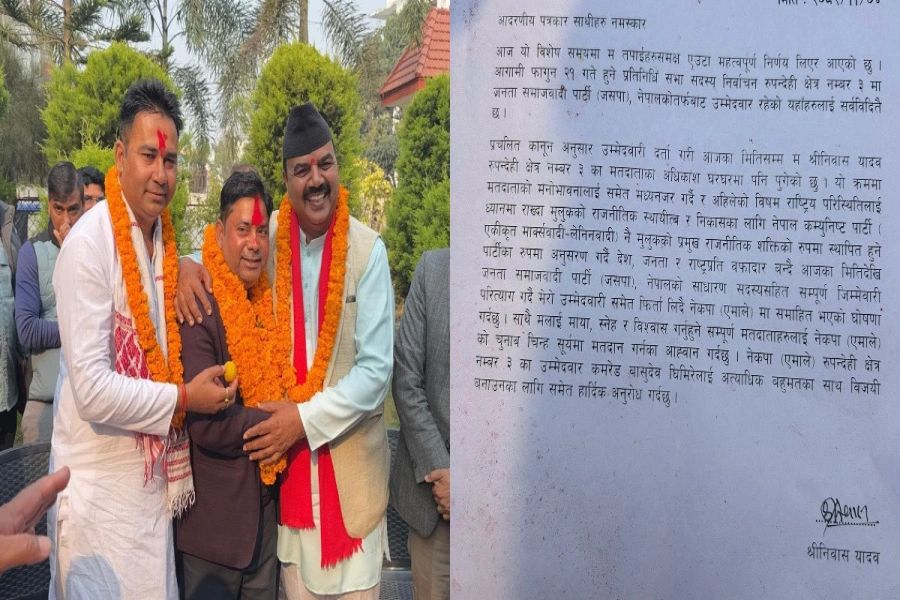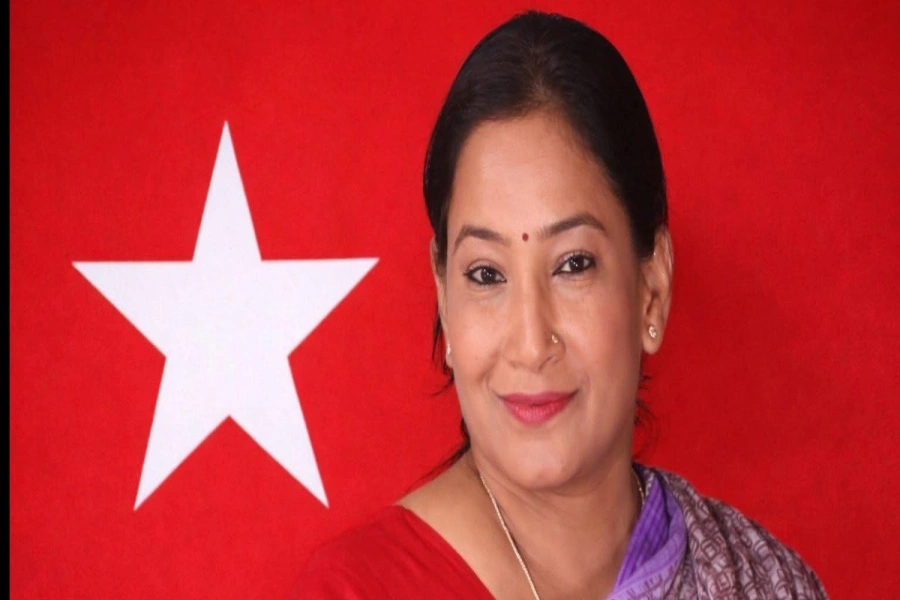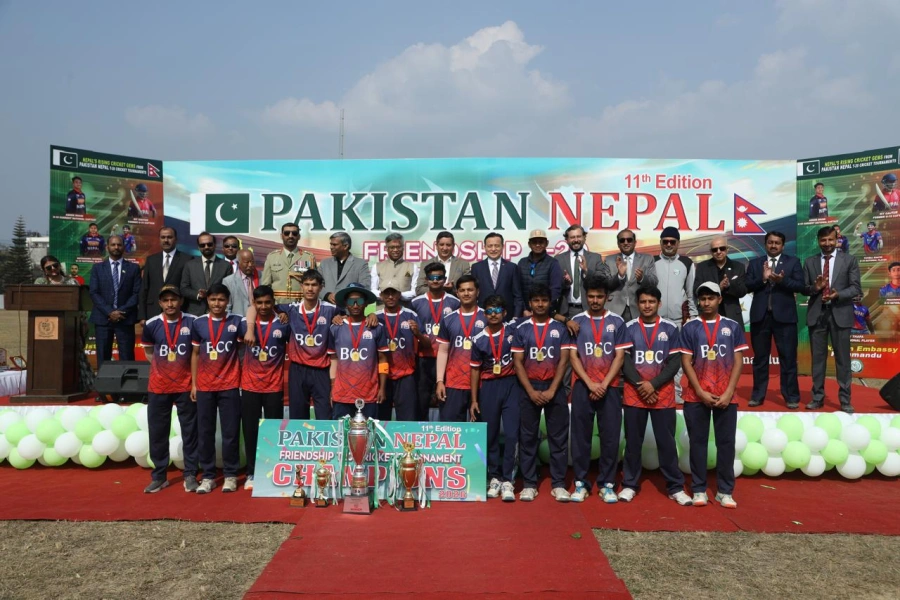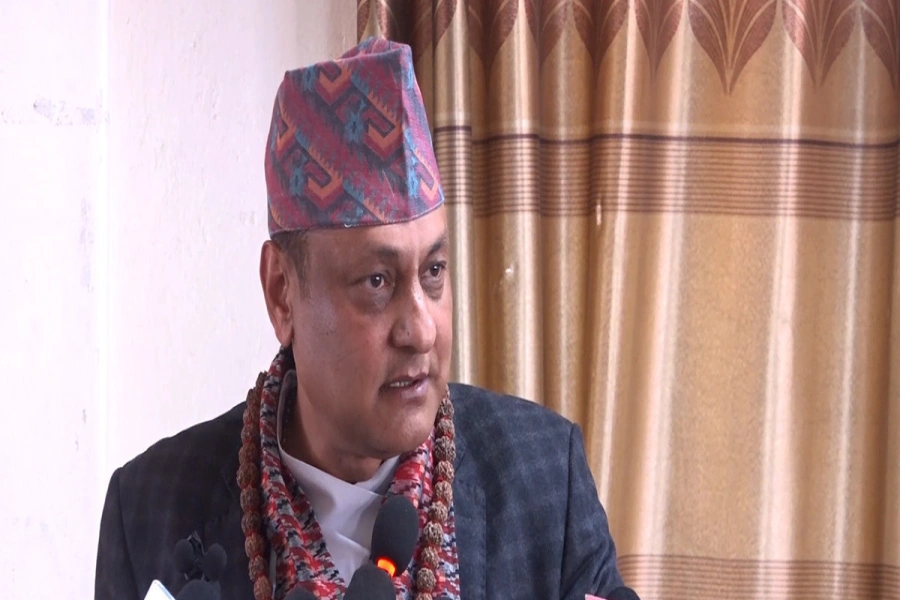KATHMANDU, Feb 17: The Nepal Research Collaboration Center (NRCC) organized a panel discussion on "Building a Sustainable Research Ecosystem in Nepal: Digital Tools, Collaboration, and Policy" on Sunday in the capital.
The event featured panelists including former Defence Minister Dr Minendra Rijal, Secretary of Nepal Academy of Science and Technology (NAST) Dr Rabindra Prasad Dhakal, Dr Sunita Gautam, Bikash Gurung, and CEO of Dignep Bhaskar Bhatta, with Dipesh Gyawali moderating the session.
With over 100 participants in attendance, the discussion highlighted crucial aspects of Nepal’s research landscape.
Local governments allowing mining in Chure to generate income

At the program, Dr Rijal stressed the need to focus on localized research before addressing global challenges, ensuring direct national impact. Dr Dhakal emphasized the gap between opportunities and skilled manpower, announcing internship opportunities for students and advocating for an interdisciplinary approach in research recruitment.
Similarly, Dr Gautam pointed out Nepal’s reliance on India for snake venom antidotes, urging investment in biotechnological research and AI-driven personalized treatments. Engineer Gurung stressed the importance of introducing research at the school level to foster technological advancements.
CEO Bhatta discussed the role of AI in enhancing research while also raising concerns about intellectual property rights, advocating for a balance between innovation and legal protections.
Additionally, NRCC Representative Mission Shrestha introduced various tools such as Overleaf, LaTeX, and Large Language Models (LLMs) to enhance research efficiency and productivity.
The panel discussion marked an important step towards strengthening Nepal’s research ecosystem, encouraging policy-level changes, technological integration, and greater collaboration between academia, government, and the private sector.




































